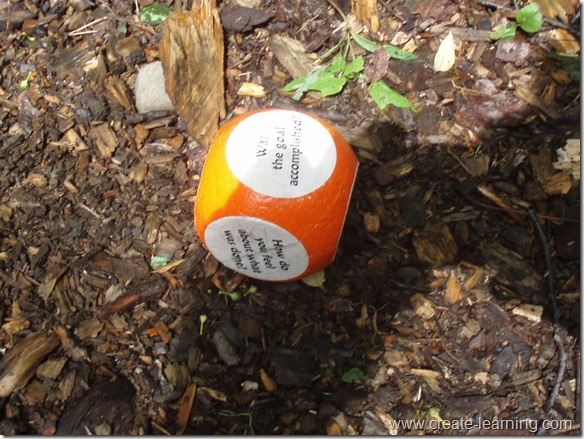Most teams will have challenges. How they understand the obstacles & learn while working together separates high-performance and average teams.
Not all problems can be or should be prevented
What should you do when you encounter difficulties?
- Return to the 7 Steps to High-Performance Teams model. Ask the team where they are; What evidence they have to support their progress; How they can move to the next step; What obstacles or challenges may impede progress.
- Return to your Project Charter. Confirm that the team knows the Goals, Roles, and Procedures.
- Take time regularly to assess how the team is doing, identify issues, and make necessary adjustments.
Sometimes a Team Effectiveness Survey can help.
A survey I use has 13 questions and will explain where each person on the team is and where to focus, clarifying steps to make progress.
Here’s an example of the ‘Procedures for the Team’ survey questions and format.
- This is the 1st area I look into when a team has personality or interpersonal problems. What is seen as strong personalities may be competent people doing what they think is right – in many different directions.

Federico, M., & Beaty, R. (2003). Rath & Strong’s six sigma team pocket guide. McGraw-Hill.
The 5 Team Procedure questions look at how the work gets done.
“Changes to how the work gets done, changes how people work”
- Known Procedure: The team follows a standard and known procedure for the teamwork/project itself and for problems that come up on the team. We define problems carefully, identify possible causes, and consider alternative solutions. We are all encouraged to contribute our ideas, which are evaluated on merit. Everyone participates in problem-solving; one or two assertive members do not dominate such sessions.
- Decision Making: Decision-Making methods fit the decisions to be made. Team members and non-members are involved in decisions when their input is essential for a quality decision or when their understanding and acceptance of a decision are important. The time we spend on decisions is used well rather than wasted. We make and implement necessary decisions rather than leaving them hanging.
- Meeting Management: Our meetings are planned and well-managed. We define and explore issues and achieve closure. We pass information efficiently and effectively. Our meetings begin and end more or less on schedule, the right people are involved, and we leave with a sense of accomplishment and time well spent.
- Conflict Management: When a disagreement arises on the team, we handle it in a manner appropriate to the conflict. Where it makes sense to smooth feelings, we do so. That happens when it’s appropriate for someone to take charge and make a decision. When compromise is called for, we all give and take a little. When the conflict is important, we ensure that disagreeing parties present their positions in detail, and we listen carefully. We try to come to a resolution that makes sense to everyone.
The Team Effectiveness Survey and questions serve the team to determine agreement and gaps that need to be addressed.
Having a process to evaluate where the team is and working together to make progress helps the teamwork and builds the team while accomplishing shared goals.


